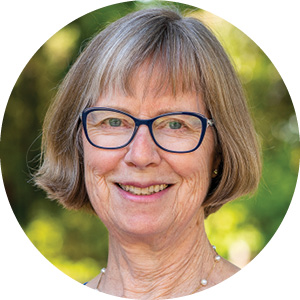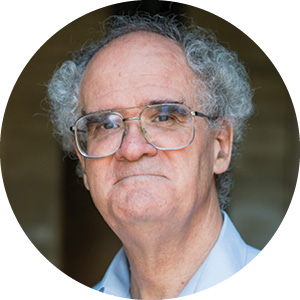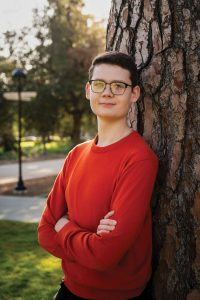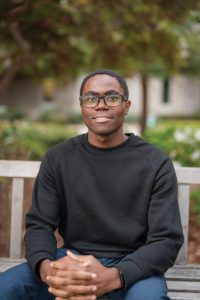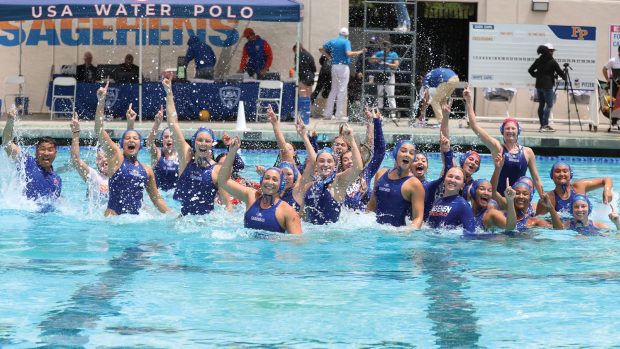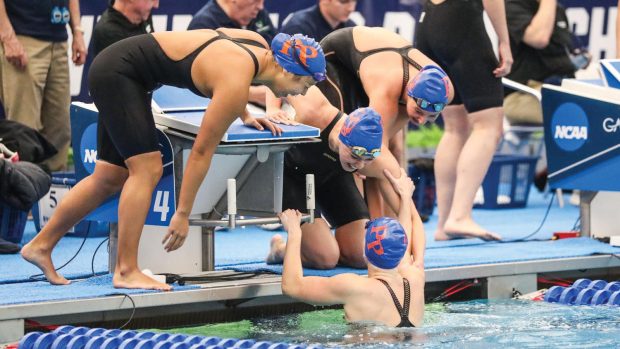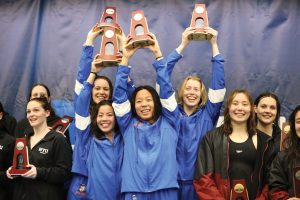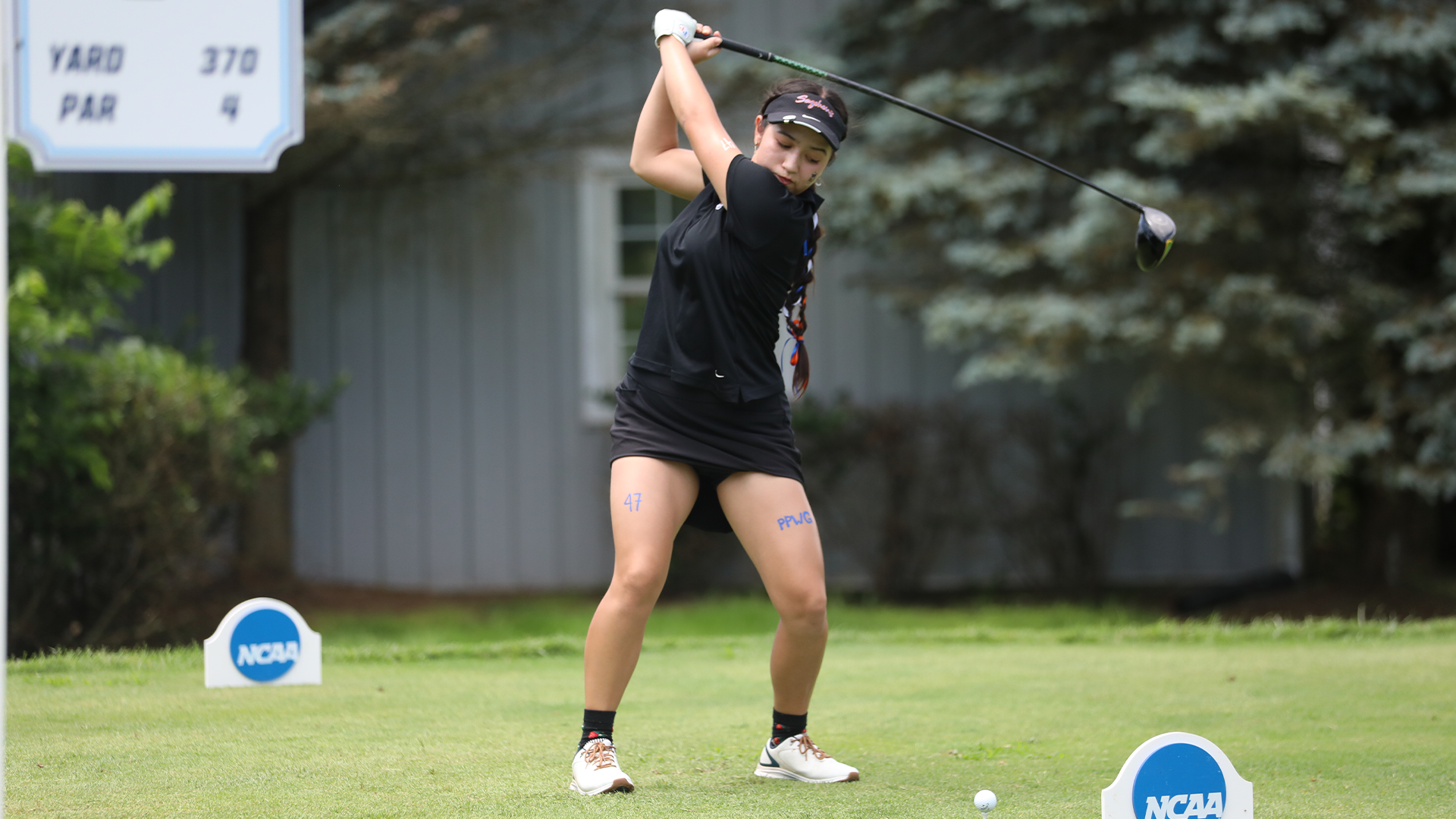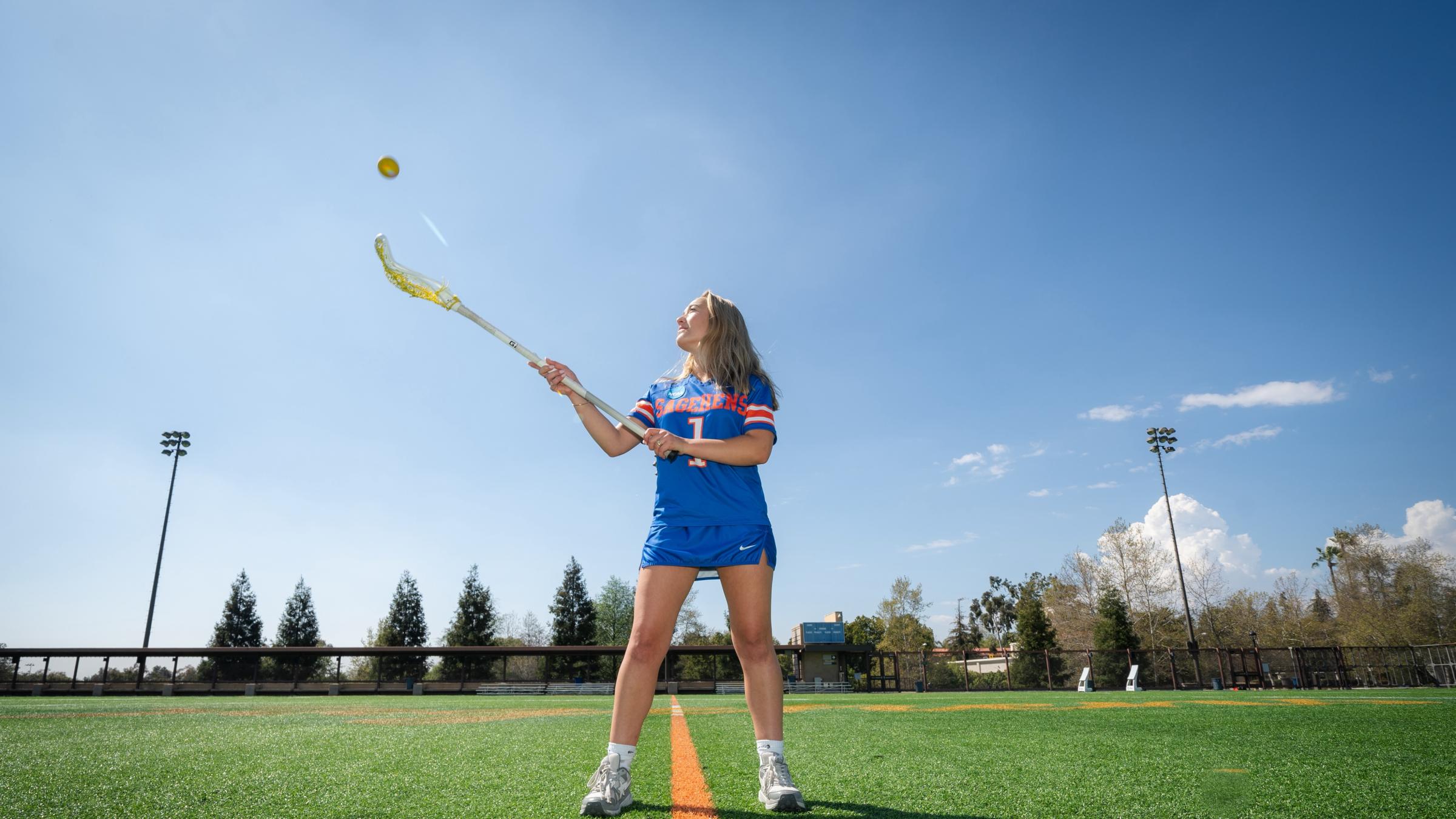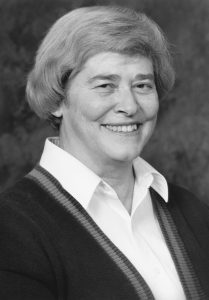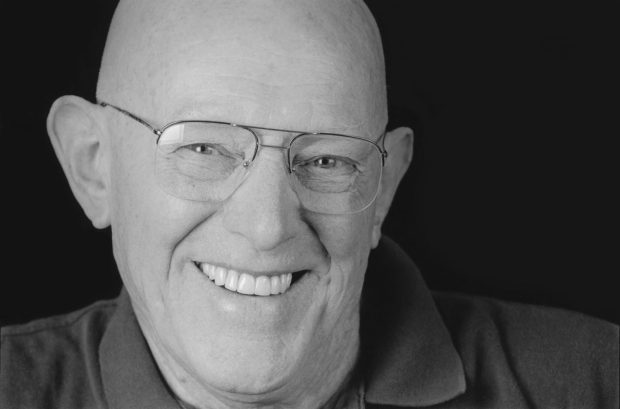Patience and persistence. A little bit of luck. And the mentorship of novelist Jonathan Lethem, the Roy Edward Disney ’51 Professor of Creative Writing at Pomona College. These factors helped three Pomona alumni publish their first novels last year.
Francesca Capossela ’18, David Connor ’15 and Julius Taranto ’12, along with Tyriek White PZ ’13, convened on Pomona’s campus last spring for an event organized by the English Department that featured the four first-time novelists.
Francesca Capossela ’18
Capossela’s book Trouble the Living, set in the 1990s in Northern Ireland and the 2010s in a Los Angeles suburb, follows a mother and daughter as they confront the past while navigating their relationship with each other in the present.
Capossela knew she wanted the mother in the story to be from a different place than the daughter, hence Northern Ireland as one of the settings. Many years later, the mother raises her daughter in a Southern California town with several colleges—“basically Claremont,” says Capossela.
It often feels surreal to see physical copies of her novel on bookstore shelves, Capossela says. She’s learning how to pause and celebrate the accomplishment.
David Connor ’15
To introduce Connor’s book Oh God, the Sun Goes, Brian Evenson, faculty at California Institute of the Arts, said, “The premise is simple and absurd: The sun has disappeared, and no one knows why.
“It’s the kind of work that only David could write,” Evenson added.
At Pomona, Connor majored in neuroscience and minored in computer science. He also took a fair number of creative writing classes, which he says “without hyperbole, are some of the best I’ve been in.”
With an interest in the mind, consciousness and human experience, he says, “As time went on, I discovered that language was a much more malleable way to approach those questions than the scientific method for me.”
Julius Taranto ’12
Taranto’s novel How I Won a Nobel Prize is set on a college campus: one founded by a libertarian billionaire as a safe haven for canceled scholars and located on an island off the coast of Connecticut.
When Taranto arrived at Pomona, he thought he might major in economics or philosophy. But taking a class on James Joyce made him want to “keep coming back for more.” As his interest in economics started to wane, he discovered that he loved working with the faculty in the English Department.
After graduating, Taranto attended Yale Law School and practiced law for five years.
How I Won a Nobel Prize was named one of the best books of the year by Vogue and Vox.





